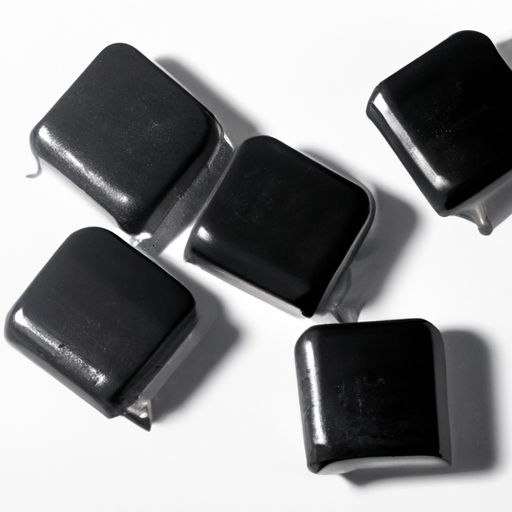Overview of Tantalum-Polymer Capacitors: CFR-25JB-52-1M2
Tantalum-polymer capacitors, such as the CFR-25JB-52-1M2, are advanced electronic components that leverage the unique properties of tantalum and conductive polymers. This combination results in capacitors that are not only compact but also highly efficient, making them ideal for a wide range of applications in modern electronics.
Core Functional Technology
| 1. Construction and Materials | |
| 2. High Capacitance Density | |
| 3. Low ESR and ESL | |
| 4. Temperature and Voltage Stability | |
| 5. Long Lifespan | |
| 1. Power Supply Circuits | |
| 2. Consumer Electronics | |
| 3. Automotive Applications | |
| 4. Telecommunications | |
| 5. Medical Devices |
Key Features
| High Ripple Current Handling: Ideal for applications with significant ripple currents, such as power supply circuits.High Ripple Current Handling: Ideal for applications with significant ripple currents, such as power supply circuits. |
| Wide Voltage Range: Available in various voltage ratings to meet different circuit requirements.Wide Voltage Range: Available in various voltage ratings to meet different circuit requirements. |
| Robustness: Resistant to mechanical stress and thermal cycling, suitable for automotive and industrial applications.Robustness: Resistant to mechanical stress and thermal cycling, suitable for automotive and industrial applications. |
| Low Leakage Current: Essential for battery-operated devices where power conservation is critical.Low Leakage Current: Essential for battery-operated devices where power conservation is critical. |
Application Development Cases
Conclusion
Tantalum-polymer capacitors like the CFR-25JB-52-1M2 represent a significant advancement in capacitor technology, offering high performance, reliability, and versatility across various applications. Their unique combination of tantalum and polymer materials makes them suitable for modern electronic devices that demand compact size, high efficiency, and long-term stability. As technology continues to evolve, the role of these capacitors in powering the next generation of electronic devices will likely expand further, making them a critical component in the future of electronics.






